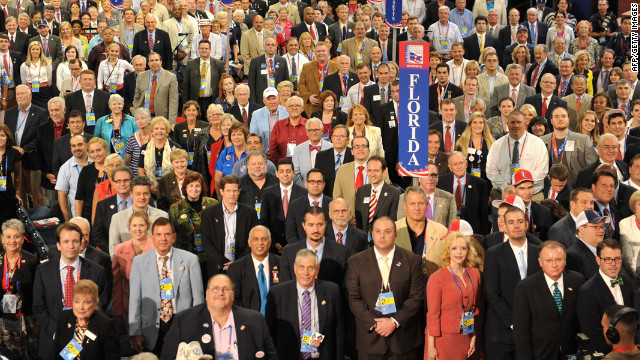by Penna Dexter
Presidential primary season is just around the corner — an opportunity for everyday Americans to influence who ultimately gets elected next November. Citizens can participate in their states’ primaries and caucuses to help choose the party’s nominee. Those who do this, and also those who make financial contributions to candidates, get a bigger say in who’s available to vote for in the general election. That’s democracy and it’s a way people who care can really have an influence.
Up to this point, the 2016 election and how it plays out has been controlled mostly by the candidates and the media.
First, the candidates. There are so many of them. So many on the GOP side remain in the race. Some conservatives are afraid there continue to be too many. They’re getting jittery, worried that the sheer number of people in the race, especially the number of candidates who appeal to conservative primary voters will divide them and dilute their influence. Others worry that Republicans will land on a candidate too early, the wrong one.
And then there’s the media. Activists, anxious to get involved in backing a candidate, are watching polls and seeing who’s getting the coverage. They’re frustrated right now that they can’t do much about any of it.
That’s about to change.
Morton Blackwell has been in the thick of politics for nearly 40 years. His Leadership Institute has trained 170,000 conservatives in the intricacies of political campaigns and media relations.
Morton Blackwell says we’re about to enter a “very different phase” of the presidential nomination process. Up to now, it’s been mostly words: speeches, debates, interviews, position papers, and some campaign ads. But in just a few weeks, contests will begin in which the states will decide on delegates and what candidates they will support. Mr. Blackwell points out that “this race will become a test of each candidate’s ability to identify supporters and organize them to participate personally in the primaries and conventions.”
It is a massive undertaking for a candidate to pull together and organize the supporters needed to win nomination contests in enough states to win their party’s nomination. Some candidates will not be able to manage this.
Things are going to happen very quickly. The Iowa caucus is February 1 followed that month by the New Hampshire primary, the South Carolina primaries and the Nevada caucuses. March 1st is Super Tuesday on which 12 states will choose their delegates. And by the end of March well over half of the states will be done. More than in recent years, candidates have the ability to amass lots of delegates quickly. The ones with more money and organization will be better able to take off if they do well in the early states.
Politics is a tool. Believing saint, you can use the system to influence who is nominated for president. Or let others do that for you. Up to you.
 Listen Online
Listen Online Watch Online
Watch Online Find a Station in Your Area
Find a Station in Your Area











 Listen Now
Listen Now Watch Online
Watch Online
